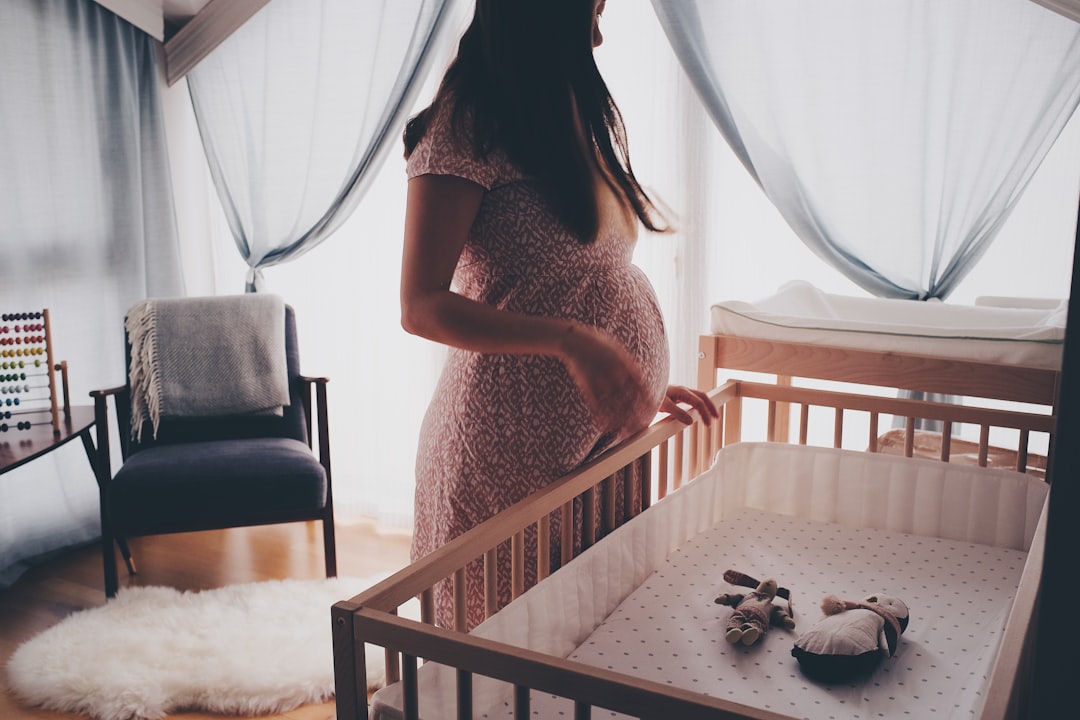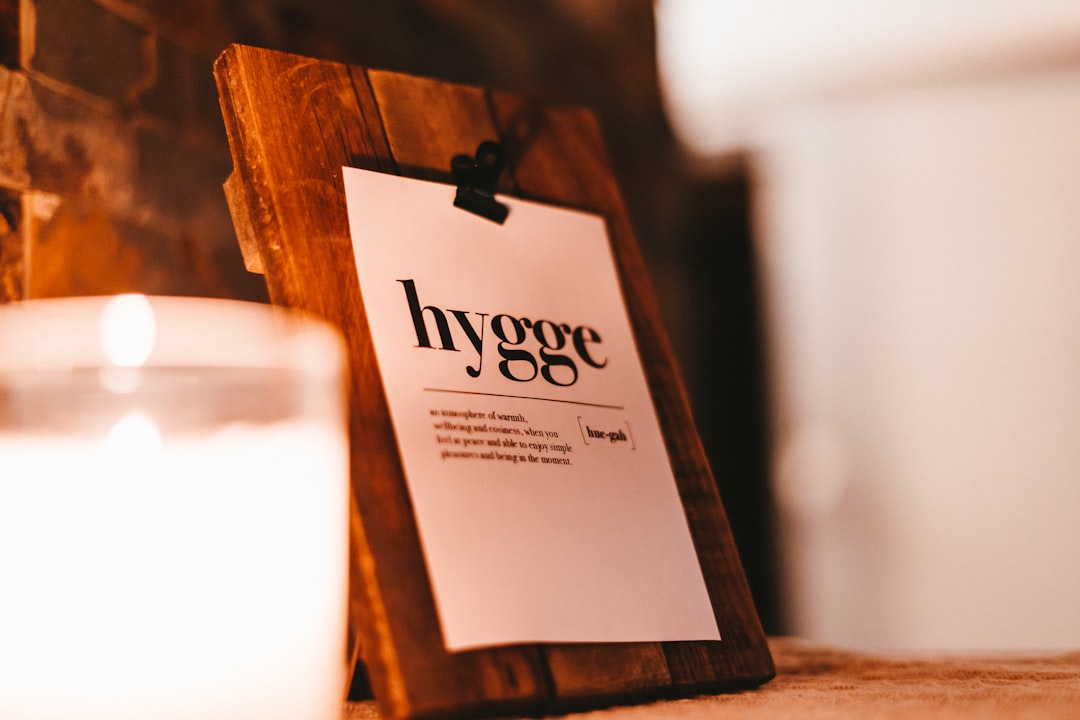When “hard but worth it” just doesn’t cut it: Rewriting the script on motherhood and parent life
This article was first published elsewhere in August 2023.
What do you say when someone asks what it’s like having kids? I say “kids” purposefully because this is how the question is often raised with me, partly because I now have two children which makes “kids” the plural relevant, and partly because one child families are still treated as an unfortunate aberration rather than a valid family structure.
I’ve found those asking the question aren’t much interested in my analysis of sociolinguistics, so I do my best to answer the what I believe is usually the underlying question: “what’s it like being a parent?”
This is where things get complicated. Asking me to pin down my relationship with my current iteration of parenthood (in my case, motherhood) is like asking me to count the grains of shifting sand on a beach - overwhelming at best, impossible at worst.
For someone who’s written hundreds of thousands of words on the topics of motherhood and parent-life, I am stumped for a concise answer. Perhaps that’s the issue in itself - how to condense an almost 300 page book and the two years that have followed it into a 3 sentence, not-too-scary-or-invasive answer? Is that possible or even useful to attempt, or should I stick with the socially acceptable (and potentially damaging) “hard but worth it” social script?
My inability to succinctly respond is less than ideal when the person asking the aforementioned question (or similar) is embarking on the journey themselves. “I should warn them”, I think, but how much is the Goldilocks-just-right amount? I don’t believe for a second the complexities and ambivalence of motherhood are things to be brushed over, but scaring the shit out of them won’t help either.

Go learn about the Safe Sleep Seven ASAP. Photo by Ömürden Cengiz on Unsplash
Meanwhile they stand with optimistic eyes before me, rubbing a swelling belly while being kicked aggressively from the inside. Little do they know the owner of those little feet will soon smash their current identity into a thousand pieces and continue to jump upon said fragments joyously through toddlerhood.
Does she need to know there might be a day soon when she forgets she has a name other than “Mum”, or that leaving the house for an hour alone might feel like an near-impossible dream? Probably not, I decide. She’ll find those things out for herself soon enough.
Sometimes I sidestep the question and instead introduce them to the concept of matrescence, the transformative process of mother-becoming that, like adolescence, takes years rather than the singular act of giving birth to complete.
“Learn about this”, I say, “it will make life easier to know it from the start”.
[Sidenote that patrescence (father-becoming) and paturescence (parent-becoming) are things too, similar identity crumbling and rebuilding processes for non-mother parents. The more any parent leans into hands-on, responsive caregiving the more their brains rewire, life changes and identity evolves.]
One word is not a catch-all though, and sometimes it doesn’t fit with what I’m feeling or want to share in that moment. I desperately want to warn of the tricks and tools of the maternity system, tell them how to find a lactation consultant that actually knows their stuff, talk with them about The Nurture Revolution. And yet I haven’t been asked for my expertise, but what having kids is like for me.
So what is it like?
Having children makes my life and what I do during it everything at once and nothing at all. It feels like the days (and nights, and whatever 4.30am counts as) go by at warp speed and snail’s pace simultaneously, all in a blur of heartbreaking joy, deep breaths and (usually muttered) obscenities. It makes my work both invaluable and invisible, hectic and easeful. Motherhood is brilliant and terrifying, constraining and expansive, and thirty other feelings I can’t quite put my finger on. There are no words that will adequately convey the swirl, and I think I’ve finally figured out why.
In this month’s “Anna Asks” podcast episode, I spoke with author of “Unexpected: A postpartum memoir”, Emily Adler-Mosqueda. Her book details the mental health crisis that seemed to come out of the blue during her second postpartum, and her recovery over the months and years since. During our interview, Emily mentioned how her bilingual family sometimes switches between English and Spanish mid-sentence if the language they have been using doesn’t properly convey the meaning they want to express.
Reflecting on our conversation, a new question dawned on me: what if it wasn’t that I was failing to ‘find’ the right words, but that the English language is too limited to express the vastness and complexity of being a human while raising human beings? What if such language has been purposefully minimised over time to suit certain objectives by the powers that be, just like the role of caregiving or value of a nurtured yet unscripted childhood has been?
You don’t need to inspect too closely to see the English language is a language of ownership, hierarchy and binaries. It drips with casual sexism, implied heteronormativity, rules, individualism and blame. Compared to many others, it also sucks balls (that’s the technical term) when it comes to describing familial and interpersonal relationships, feelings and dynamic emotional experiences. Is it any wonder English-speaking monolinguists like me struggle to adequately express the all-encompassing turbulence of motherhood?

I interrupt this article to bring you a list of my 3 favourite words without comparable English translations:
-schadenfreude - a German word meaning “enjoyment obtained from the troubles of others.”
-hygge - “a word in Danish and Norwegian term that describes a mood of coziness and ‘comfortable conviviality’ with feelings of wellness and contentment.”
-dadirri - a Ngangikurungkurr word for “inner, deep listening and quiet, still awareness”. There is much more to it than this, and I recommend reading Miriam-Rose Ungunmerr’s words on dadirri from 1988.
When the right words don’t exist, we’re left fumbling with awkward combinations of independently inadequate descriptors that never quite hit the mark. Certainly, “baby brain” is a real (although generally misunderstood) thing and although potentially relevant to my inability to find the word “spatula” or recall my neighbour’s brother’s name, mere forgetfulness is not the issue here.
This is often where the arts come in: to convey emotions and experiences in a way words can’t. Music is my primary (artistic) weapon of choice. Perhaps when questioned about my parent life I could direct them to a custom-made playlist that oscillates between Missy Higgins tearjerker “Song For Sammy” and solo drive screamers like Hole’s “Doll Parts”. I can only imagine their alarm at 35 weeks pregnant hearing Courtney Love rasp and roar her way through “I love you so much it just turns to hate” and “someday you will ache like I ache” on repeat.

Or maybe, for once in my life, I could stop trying to explain anything at all, and let sleeping dogs lie. I could sigh and smile and say “it’s great, and it’s hard too. I never want it to end and I’d like it to be different than it is. There are a couple of books I can recommend if you’re open to hearing about them. Call me when you don’t know how you’ll get through another minute, and send me cute pics when your heart is bursting. I can guarantee both of these feelings will happen, possibly at the same time.”
Because that’s the truth, and because it’s easier to answer with a practiced script than a gaping mouth and glazed look into the distance. And no matter what I could say, even if I did have the perfect non-English words at my disposal, even if the person to whom I’m speaking grew up around tonnes of babies or has been a midwife for ten years, they’re still not going to “get it” until they’re in it. That’s not a criticism of their preparedness, or my explanation skills, it’s just the nature of a constantly changing, beautiful and brutal mother/parenthood beast that simply is what it is, and what it is is a lot.
Anna x
Want to read more? Sign up to my mailing list to get my blogs and (very sporadic) newsletter direct to your inbox. If you resonate with what I've got to say and want to read my private posts or engage in mothers' circles, social calls and forum chats with others who do too, you might like to join my low-cost online membership community.
Categories
- News (33)
- Breastfeeding (22)
- Post-partum (69)
- Sleep (14)
- Food (7)
- Partners (19)
- Rehab (2)
- Parenting (51)
- Birth (21)
- Pandemic (14)
- Research Update (5)
- Decolonisation (2)
- Covid (14)
- Education (8)
- Motherhood (43)
- vaccines (2)
- Children (9)
- self employed (2)
- government policy (3)
- feminism (10)
- abortion (3)
- lockdown (3)
- infancy (1)
- gentle parenting (10)
- infertility (1)
- parenthood (9)
- isolation (2)
- village (5)
- Pregnancy (7)
- Podcast (2)
- Mental Health (5)
- Career (2)
- Mental Load (1)
- Community (1)
- Technology (1)
- Doula (2)
0 comments
Leave a comment
Please log in or register to post a comment